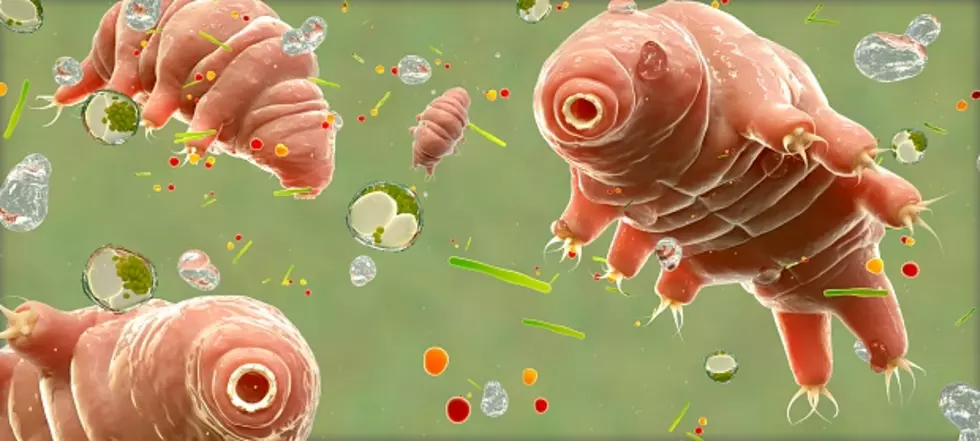
Tardigrades In Space, Sent By The University Of Wyoming
According to Wyoming Public Media, the University of Wyoming will send an experiment to the International Space Station in the form of tardigrades.
Tardigrades have funny nicknames like ‘water bears’ because they are usually found in water.
According to UW Assistant Professor of Molecular Biology Thomas Boothby, "You can dry tardigrades out to the point where they lose essentially all the water inside their bodies and cells and they can stay in that dry state for years if not decades," said Boothby. "Then you just pour water back on them and within an hour you'll see them under the microscope running around feeding, reproducing like nothing happened to them."
They will test to see just how tough these tough little guys are. That includes more direct radiation from the sun and increased and decreased gravity.
"By studying organisms like tardigrades, we can learn the tricks they use to protect their sensitive biological material during these stresses and apply that to things like vaccines and other types of pharmaceuticals to stabilize them, increase their shelf life, allow us to transport and store them," said Boothby.
The study then goes on to testing the creatures toughness to vaccines and watching what makes them survive it.
Tougher vaccines makes the vaccine better able to work in more remote areas of the world.
These little guys probably do not need space suits like we humans do to survive the trip up and back.

KEEP READING: Learning From Mistakes During the Spanish Flu
More From Wake Up Wyoming







